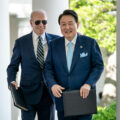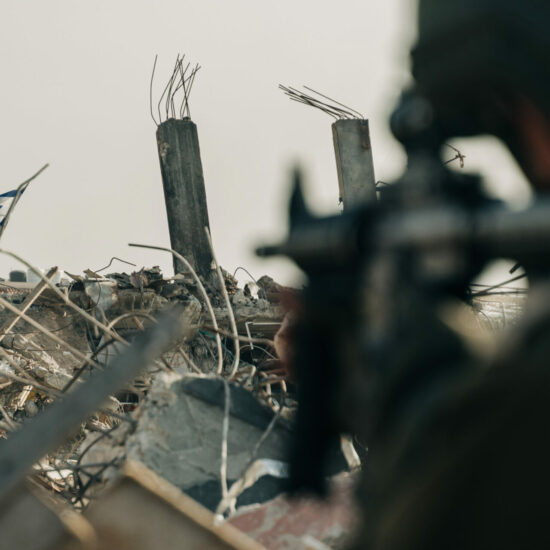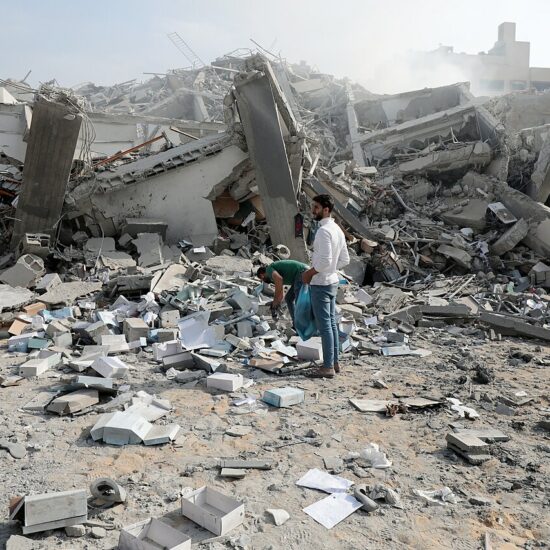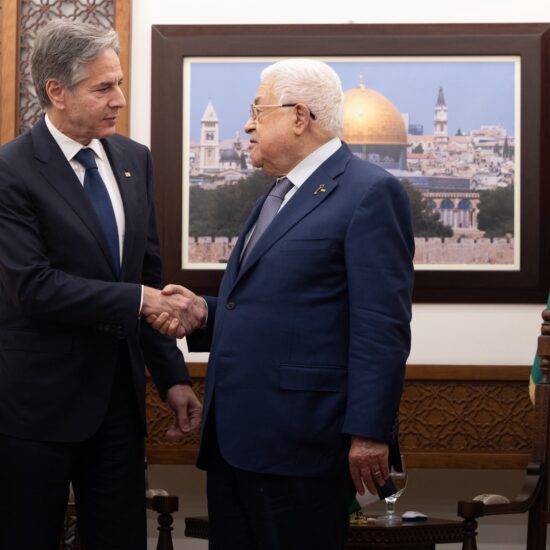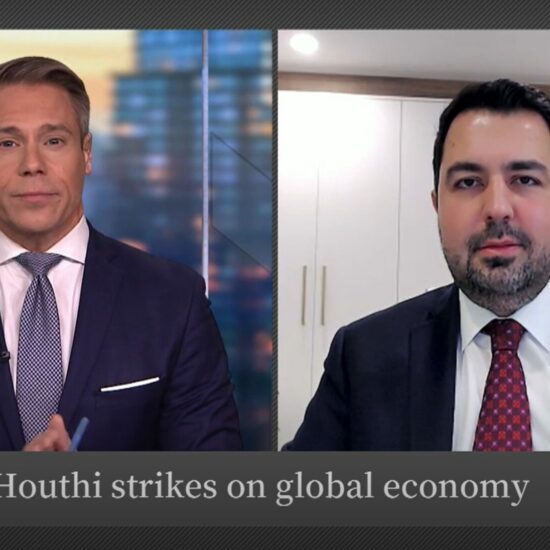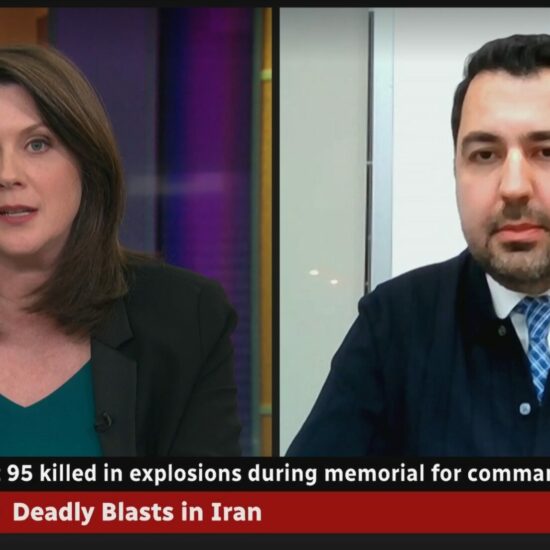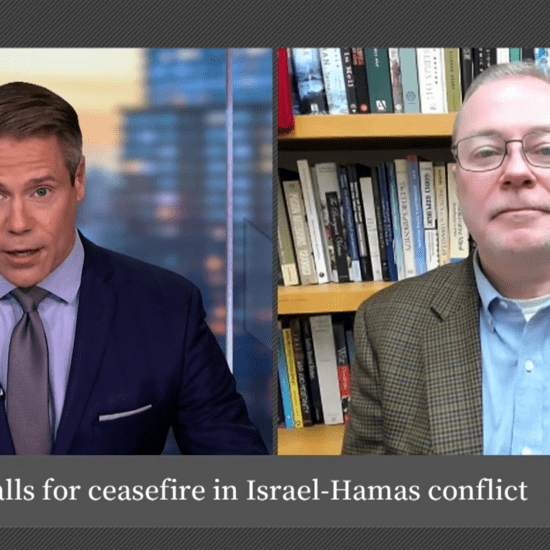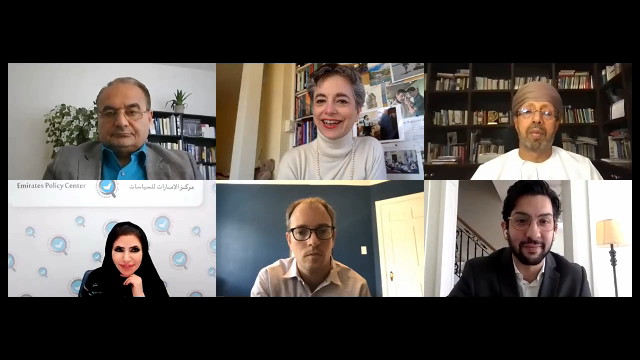
On February 8, 2021, the Institute for Peace & Diplomacy (IPD) hosted a panel discussion on ‘Prospects for Iran-GCC Rapprochement in the Biden Era.’ The focus of the panel was to discuss the current challenges, as well as new opportunities for dialogue, cooperation and diplomacy in the Persian Gulf region, especially given the recent change of leadership in the White House and the willingness of US President Joe Biden to rejoin the Iran Nuclear Deal, also known as the JCPOA. Our four distinguished panelists included:
- Dr. Hossein Mousavian, Princeton Scholar and Iran’s former Ambassador to Germany
- Ilan Goldenberg, Senior Fellow and Director of the Middle East Program at the Center for New American Security
- Dr. Ebtesam Al-Ketbi, Founder and President of the Emirates Policy Center
- Abdullah Baabood, Academic Researcher and Former Director of the Centre for Gulf Studies at Qatar University
The panel was moderated by Barbara Slavin, Director of the Future of Iran Initiative and a Nonresident Senior Fellow at the Atlantic Council.
Moderator Barbara Slavin began the panel by stressing the importance of diplomatic work in salvaging the Iran Nuclear Deal. She noted that the JCPOA did not address the regional tensions that worsened throughout the Trump administration, making it critical to also analyze what can be done to de-escalate the situation in the Persian Gulf region.
Dr. Mousavian delivered his opening remarks on how regional tensions should be resolved, explaining that states can either choose confrontation or cooperation. He noted that while confrontation has been ongoing for decades, cooperation would require both parties to stop the blame game and instead recognize each other’s threat perception. In the case of the latter, both bilateral and multilateral dialogue between all Persian Gulf states will be necessary, together with restoring diplomatic relations and taking confidence-building measures in areas such as Yemen and COVID-19. Dr. Mousavian stressed that the most important goal would be to agree on an end state–a new security and cooperation system based on values such as mutual respect, equal footing, sovereignty, non-interference, the rejection of the use of force, respect for the Vienna Convention, cooperation on counter-terrorism and the rejection of hegemony. Also, it would be important to ensure freedom of navigation, the free flow of oil and the establishment of the Persian Gulf as a zone free of nuclear weapons and other weapons of mass destruction.
Regarding the role of the United Arab Emirates in decreasing tensions with Iran, Dr. Al-Ketbi stated that there are increasing calls for dialogue by both Iran and the GCC as a result of the challenges posed by the COVID-19 pandemic, decline of oil prices, depletion of financial surplus and the inability for any side to reach a decisive military victory. Recent developments demonstrate that the Emirati side does not see Iran as an existential threat and that they have a desire to engage in dialogue. Dr. Al-Ketbi emphasized that GCC countries should seek to hold regional dialogue under international supervision and seek a guarantor to ensure Iran follows its obligations. Regional dialogue would present Washington and Tehran with honourable alternatives to constant escalations which have become tiresome for both sides. It would also provide Iran with an opportunity for economic recovery after years of economic pressure. Arab states would see this regional dialogue as a way out of escalation, as well as an alternative to bilateral talks in which Tehran would have the upper hand. Dr. Al-Ketbi urged all parties to realize that “if we want to live together–and we should, we are neighbours–everybody has to abandon the dream [of] an emperor controlling the region,” calling for a region with prosperity and economic cooperation.
In response to Slavin’s request to comment on the situation in Yemen, Abdullah Baabood explained that the conflict represents the larger geopolitical situation in the Middle East. While external influence plays a role in the crisis in Yemen, the country has long been a conflict area due to internal divisions, civil wars, and most recently, the Arab Spring. Now, under the Biden administration, the US has withdrawn its support for the war in Yemen, ended military support to Saudi Arabia and stopped the process of labelling the Houthis a terrorist organization–an important measure given that it is impossible to negotiate with a group labelled as terrorists. Baabood explained that the Houthis are now prepared for dialogue, as they are neither able to receive endless support from Iran and other allies, nor capable of independently controlling Yemen. With all parties involved in the dialogue, including the Houthis, it would be possible to move forward. Stressing the catastrophic nature of the conflict for all involved, and especially for the Yemeni people, Baabood expressed hope that there would be some movement on the issue, which would also present a step for Iran and Saudi Arabia to reconcile in other areas.
On Biden’s approach to the region and efforts to salvage the JCPOA, Goldenberg called for patience as the presidential transition, the COVID-19 pandemic and rebuilding the US economy will take priority. In regard to Biden’s nuclear strategy for the region, Goldenberg explained that his policy is a mutual return to the JCPOA and an end to the negative slide in the nuclear program, in exchange for some sanctions relief. He agreed that both bilateral and multilateral issues must be considered, suggesting to start discussions with issues such as COVID-19, the de-escalation in the naval domain and a return to pre-2019 in terms of targeting Americans in Iraq. From an American perspective, it is important to promote strong US-GCC ties and support the Abraham Accords, while also trying to progress on challenging issues such as the conflict in Yemen. It will be critical for the Biden administration to maintain a strong relationship with US partners while simultaneously engaging countries with which the US has tensions–in order to ultimately de-escalate the broader situation in the region.
Posing a question from the audience, Slavin asked Dr. Mousavian whether it is possible to have GCC-Iran reconciliation without resolving the conflict between Iran and Israel. Dr. Mousavian responded by first stating that Iran is unhappy with the invitation of Israel to the Persian Gulf by neighbouring states. He explained that “the reality is that Iran is not going to recognize Israel” and that Iran will support Palestinians and resist Israel’s actions in Syria, Iraq or Lebanon. However, if there were to be an agreement on the principles of mutual respect, sovereignty and non-interference, he noted that it would be for each individual state to decide on their bilateral relations with any other country. Dr. Mousavian also suggested that the Persian Gulf adopt a joint military task force modelled on European security and military organizations, in which states would consider an attack on one member to be an attack on all.
Dr. Al-Ketbi added that Biden and the US lack an understanding of the region, stressing that lifting the designation of Houthis as a terrorist organization does not mean that they will come and sit at the table. She urged Western allies to start a discussion to gain a better understanding of the region before making policy decisions. Dr. Al-Ketbi also added that the GCC is putting up an arsenal of arms due to the threat posed by Iran’s ballistic missiles and nuclear capabilities.
Returning to the topic of Yemen, Slavin asked Baabood for his perspective on how to convince the Houthis to end their attacks on the Saudis. Baabood answered by first noting that the Houthis are a rebel group, meaning that they do not have a sophisticated approach to international politics–exemplified by their most recent actions which served as a complete miscalculation at a time when Biden is pushing for a peaceful resolution to the conflict. He also emphasized that all sides involved have made mistakes, citing the war itself as a mistake that has caused a massive crisis for the Yemeni people. In addition to economic challenges due to the fall of oil prices and over-spending on arms, there is now a general “war fatigue” in Yemen and “conflict fatigue” in the Persian Gulf. Due to these factors, Baabood explained that it is currently an opportune moment for constructive dialogue, thinking outside box, and an overall paradigm shift. Baabood pointed out that another option would be engaging in informal, rather than formal, dialogue, as well as undertaking confidence-building measures that would allow all sides to see where all parties stand before moving forward. While Iran’s calls for dialogue have been met with mistrust, Baabood recommended that the GCC and Iran make efforts to understand each other’s perception of security threats.
Goldenberg addressed Iran’s concerns about requests for it to give up its ballistic missiles while Arab states continue to purchase weapons from the US, explaining that the Biden administration will be reviewing all major arms sales. In regard to the conflict in Yemen, he clarified that the US did not expect the removal of the terrorist designation would mean that the Houthis would immediately put down their weapons. Rather, Biden reversed this last-minute decision made by Trump in order to have dialogue–which will inevitably include the Houthis–and to provide humanitarian assistance. Goldenberg noted that before conversations can begin on interference in other states, dialogue should focus on ceasing support for armed groups within each other’s countries. He also suggested that discussions be conducted in a regional security context, stating that progress could be made if Iran pulled back on its missiles while the GCC pulled back on its arms systems. Goldenberg concluded by expressing his hopes for an agreement amongst all countries, but recognized that this will take a very long time. For now, it will be important to start with practical and actionable steps that can move all parties in the direction of such an agreement.

